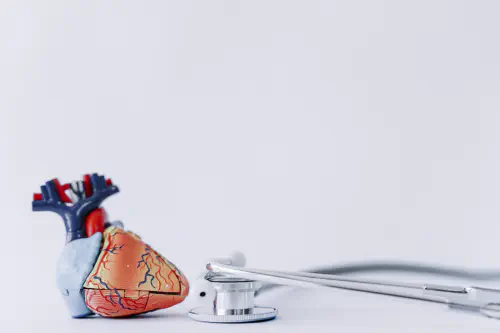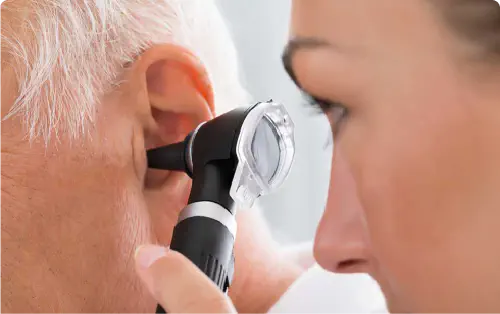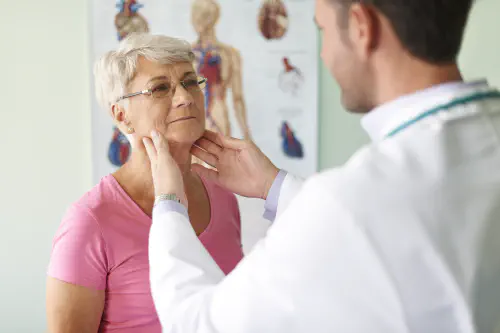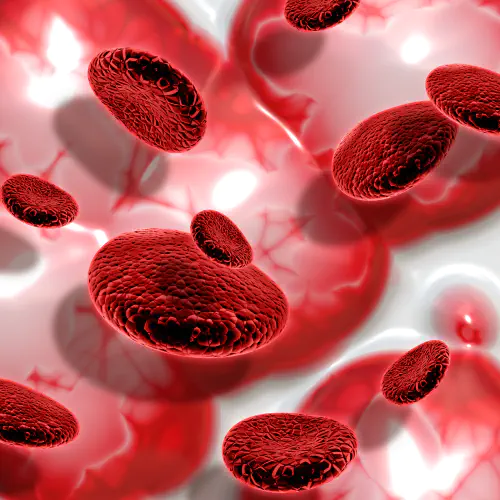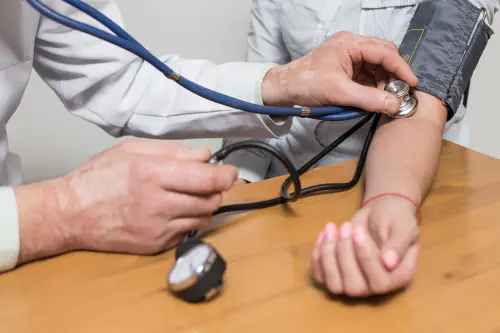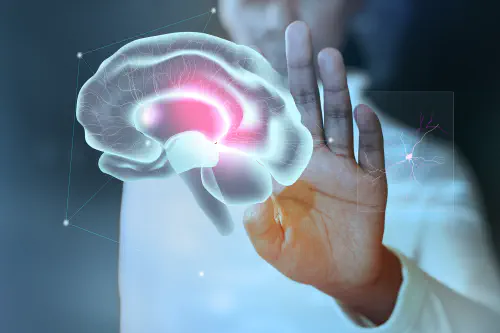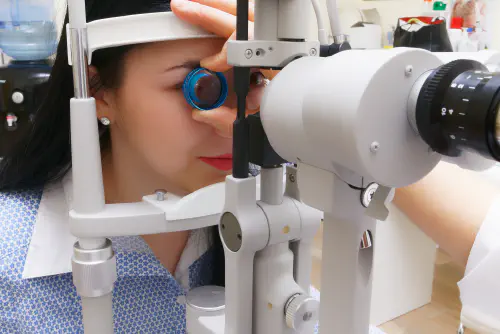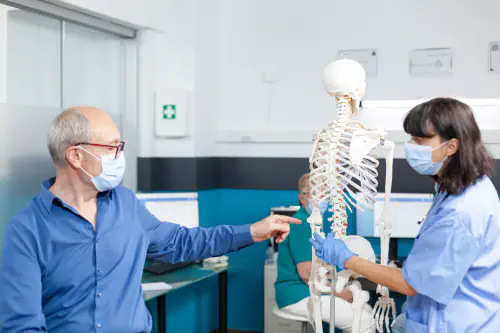
Our Clinics
The best, first of its kind medical care center in Egypt offering consultations in 30+ specializations, working together as one unit and with orderly patient records.

Specialized Services
Highly specialized doctors operate our surgical center, endoscopy, ultrasound, & more. These are available standalone to external doctors, enhancing the best clinical care.

Online Medicine
Online consultations are available for most of Oasis Clinics’ outpatient specialties, provided by the best medical specialists in Egypt. Recommended for those seeking medical tourism.

New Services
Oasis Clinics is more than just a medical care center in Egypt. We also arrange for home visits, including checkups & investigations with portable medical devices.
Who We Are

About Oasis Clinics
Oasis Clinics is a premier medical care center offering high-quality health care services across Egypt. With outpatient and inpatient day care, our polyclinic provides a wide range of medical services, from GIT endoscopies to advanced surgical procedures. Recognized as one of the best clinics in Egypt, our commitment goes beyond treatment, emphasizing disease prevention through education and routine checkups to help build healthier communities. Our highly qualified doctors across 30+ specialties work together as a skilled team, dedicated to delivering the best clinical care with personalized diagnosis, treatment, and follow-up services.
Read MoreSpecialized Services
Our Clinics
Offering over 30 specialties, the medical care center is committed to providing high-quality healthcare to patients. With a wide range of health services, including outpatient care, GIT endoscopies, and inpatient surgical procedures, the center ensures high-quality health care services. Patients can expect superior health care services in a state-of-the-art environment, focused on delivering the best medical outcomes.
Show AllHealth and longevity are not just trending topics but are central to happiness and well-being. We believe that patient education is one of the most important aspects of healthcare. It is our duty not only to provide professional medical services but also to educate patients in disease prevention. With so many misleading, buzzword-filled articles frequently appearing on social media and in the mainstream press, we simplify what lies behind the scenes through the expertise of experienced medical generalists and specialists. Stay informed with our latest blog updates!
Read MoreSheikh Zayed
Karma 1 Office Building, Above Al Ahli Bank of Kuwait, 2nd Floor, Sheikh Zayed, Giza GovernorateEast Cairo
District 5 | Marakez | Gate 3
Mindhaus, Bldg BOI - G13














